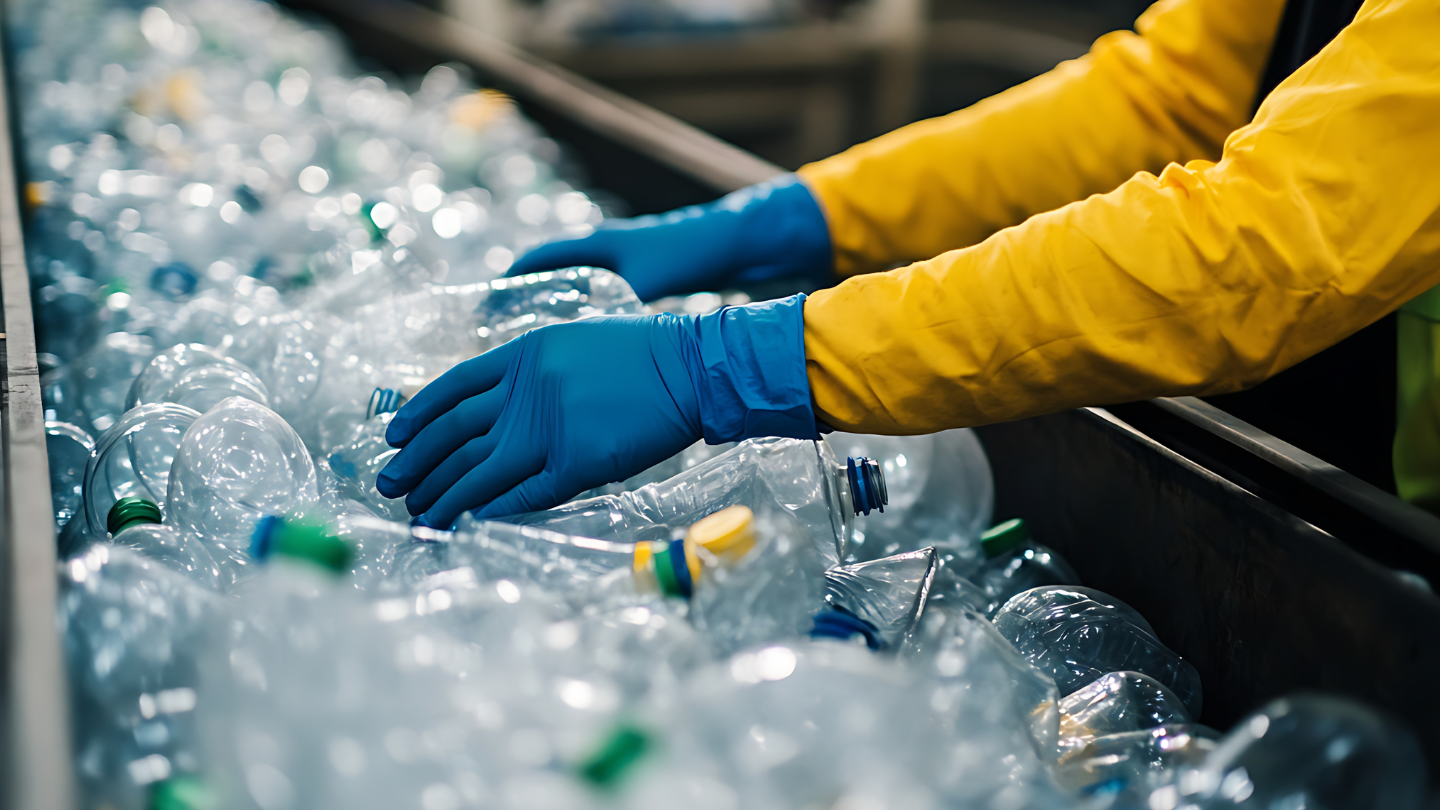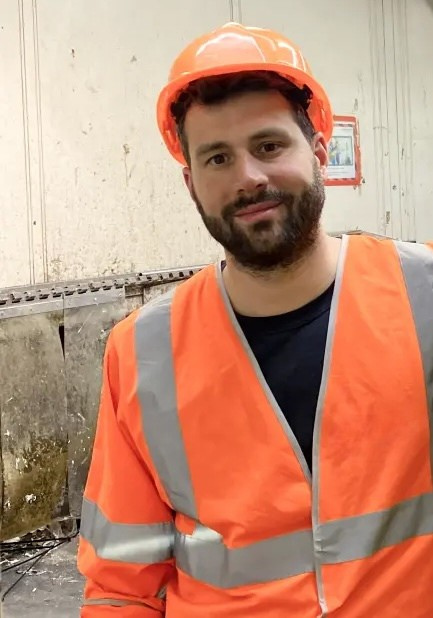Industry News
UK’s Deposit Return Scheme (DRS) for MRFs

In a landmark decision, the UK Parliament recently passed the Deposit Return Scheme (DRS), marking a significant step towards sustainable waste management. Set to launch in October 2027, the DRS aims to rethink the way England and Northern Ireland manage drink containers, in an effort to drastically improve recycling rates and reduce litter.
While the Deposit Return Scheme (DRS) offers significant environmental benefits, it will also require adaptations from Material Recovery Facilities (MRFs) across the UK. As the scheme rolls out, MRFs will likely see shifts in both the composition of materials they process and the flows of those materials. This means that MRFs must prepare for the changes to ensure continued efficiency in their operations.
Sorted’s experts are here to offer their insights into how MRFs can best adapt to this upcoming change, from managing altered waste streams to making the most of new opportunities created by the DRS.
What is the Deposit Return Scheme (DRS)?
The Deposit Return Scheme (DRS) is an initiative that will require consumers to pay a refundable deposit when purchasing drinks in single-use plastic bottles and metal cans. These containers can then be returned to designated collection points for a full refund of the deposit.
It’s important to note that, as of January 2025, glass bottles have been excluded from the Deposit Return Scheme in England and Northern Ireland. This exclusion means that, while plastic bottles and metal cans will be subject to the scheme, glass bottles will not be part of the collection and return process, which may have implications for recycling systems in place.
Additionally, Wales has refused to participate in the scheme, potentially creating a unique situation where waste management practices will vary across the UK, leading to additional complexities for operators.
Despite these limitations, the scope of the challenge is massive. Every year, the UK consumes an astounding 14 billion plastic bottles and 9 billion drink cans. Combined, small plastic bottles and non-alcoholic cans make up 43% of the volume of all litter in England, according to Keep Britain Tidy. Yet, studies suggest that current collection rates stand between 70 and 75%, with a significant number of these containers ending up as litter or in landfill. The DRS seeks to address this waste by creating a more circular economy for drink containers, promoting reuse, reducing litter and introducing a form of producer responsibility.
How the DRS has worked in Europe
This concept is not new. Many European countries have successfully implemented deposit return schemes, delivering impressive results:
- Up to 90% separate collection rates in participating countries.
- 70-80% reduction in container-related litter.
- Superior quality recyclable materials, driving higher market values.
- 40% reduction in drink containers reaching oceans.
These achievements demonstrate the effectiveness of deposit return schemes in fostering a more sustainable, efficient waste management system.
The impact of DRS on Material Recovery Facilities (MRFs)
The DRS will undoubtedly impact MRFs across the UK. While it offers significant environmental benefits, it also presents several challenges for MRFs, including:
- Changes to the composition of collected materials: With drink containers diverted to DRS collection points, MRFs will see a shift in the types of materials they process. This may require MRFs to adjust their sorting processes to accommodate the changing waste stream.
- Impact on the flow of materials: The flow of materials may be altered as a significant portion of drink containers will bypass kerbside collection, instead being returned to DRS collection points. MRFs will need to adapt to this change and ensure efficient processing of the remaining materials.
- Potential equipment investments: As MRFs adapt to these changes, they may need to invest in new equipment to optimise sorting capabilities and improve the quality of recyclables. This could include automation solutions, advanced sorting technologies, or equipment designed to handle different types of waste streams.
Despite these challenges, the future remains bright for MRFs. According to a 2024 report by consulting firm Monksleigh, dry mixed recycling volumes at MRFs are projected to increase by 12% over the next five years, even after accounting for materials diverted through the DRS. This growth highlights the ongoing demand for effective recycling solutions and the crucial role MRFs will continue to play in the UK’s waste management ecosystem.
How MRFs can prepare for DRS
Though the DRS rollout may seem far off, the time to start preparing is now. MRFs can begin by assessing the potential impact on their operations, evaluating whether new technologies or equipment upgrades are necessary to support the shift and working with industry partners to understand the evolving waste stream and implement efficient sorting solutions.

AI-powered sorting solutions can help your MRF adjust to these changes. By tracking every material passing through the conveyor belt with a simple, retrofittable AI-powered camera, our model provides precise analytics on material composition and performance. This helps you identify shifts in material composition almost instantly and pinpoint areas where you could improve your operations, ensuring that you capture as much recovered value as possible from the material flowing through your MRF. And as our algorithm is constantly tracking your operations, not only do you future-proof your MRF from DRS, but you also prepare for any future regulations that might impact your material flows.
Conclusion
The Deposit Return Scheme is a promising development for the UK’s recycling and waste management systems. While it presents challenges for Material Recovery Facilities, it also offers exciting opportunities for innovation and growth. By preparing now, MRFs can ensure they are ready to adapt to the changes ahead and continue to contribute to a more sustainable future.
If your MRF is preparing for the changes brought by the DRS, our team is here to help. Get in touch to learn more about how we can support your operations through this transition.





